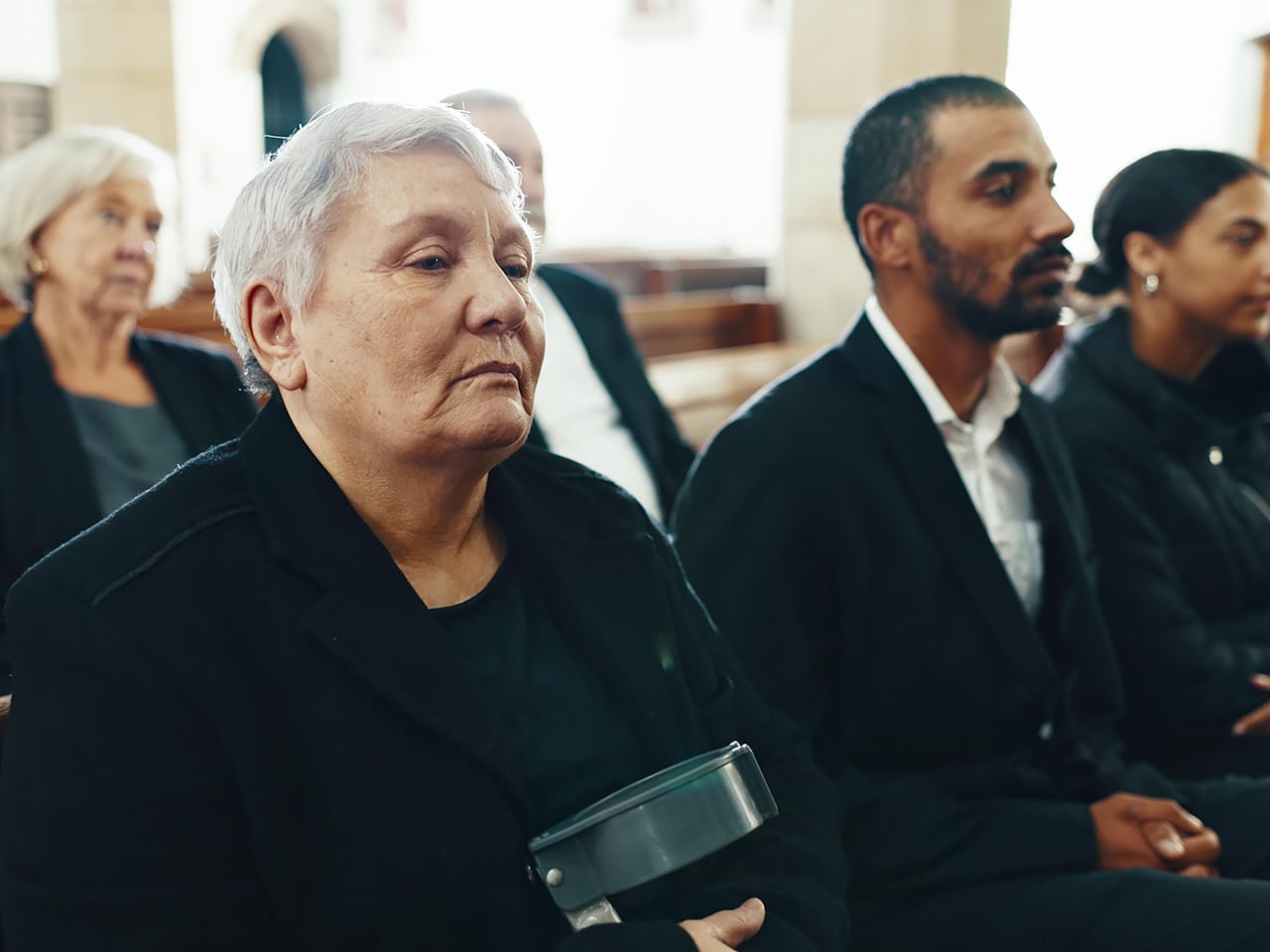Filing a wrongful death claim can be a complex legal process, and it's essential to seek guidance from an experienced attorney who specializes in wrongful death cases. Here are the general steps involved in filing a wrongful death claim:
- Consultation with a wrongful death attorney. The first step is to schedule a consultation with a wrongful death attorney. During this initial meeting, the wrongful death attorney will review the details of your case, assess its merits, and explain your legal options.
- Gathering evidence. Your wrongful death attorney will conduct a thorough investigation into the circumstances surrounding your loved one's death. This may involve collecting evidence such as medical records, accident reports, witness statements, and other relevant documentation.
- Identifying liable parties. Your lawyer will determine who may be held liable for your loved one's death based on the evidence gathered. This may include individuals, companies, or entities whose negligence, recklessness, or intentional actions contributed to the death.
- Calculating damages. Your attorney will work with you to calculate the damages you are entitled to recover in the wrongful death claim. This may include economic damages such as medical expenses, funeral costs, and lost income, as well as non-economic damages such as pain and suffering, loss of companionship, and emotional distress.
- Filing the claim. Once the evidence has been gathered and damages calculated, your attorney will prepare and file the wrongful death claim on your behalf. This involves submitting the necessary paperwork to the appropriate court and serving notice to the defendants in the claim.
- Negotiation and settlement. In many cases, wrongful death claims are resolved through negotiation and settlement outside of court. Your attorney will negotiate with the defendants and their insurance companies to reach a fair settlement that adequately compensates you for your losses.
- Litigation. If a fair settlement cannot be reached through negotiation, your attorney may take your case to court. This involves presenting evidence, cross-examining witnesses, and arguing your case before a judge and jury.
- Resolution. Once a settlement is reached or a verdict is rendered in court, your attorney will assist you in finalizing the resolution of the wrongful death claim. This may include distributing the settlement proceeds and resolving any outstanding legal matters related to the case.
Throughout the entire wrongful death claims process, your wrongful death lawyer will provide guidance, support, and advocacy to ensure that your rights are protected and you receive the justice and compensation you deserve for the wrongful death of your loved one.
Personal injury law and wrongful death law are closely related, as they both involve seeking compensation for harm caused by someone else's negligence, recklessness, or intentional actions. While personal injury cases typically involve injuries to the victim, wrongful death cases arise when the negligence or wrongful conduct of another person or entity results in the death of an individual.
Here's how personal injury law relates to wrongful death:
Negligence. In personal injury and wrongful death cases, the central concept is negligence. Negligence occurs when someone fails to exercise reasonable care, harming another person. In personal injury cases, the harm may include physical injuries, while in wrongful death cases, the harm is the loss of life.
Legal basis. Personal injury claims and wrongful death claims are based on the legal theory of tort law, which allows individuals to seek compensation for harm caused by the negligence or misconduct of others.
Compensation. In personal injury cases, the injured party may seek compensation for medical expenses, lost wages, pain and suffering, and other damages. In wrongful death cases, the surviving family members may seek compensation for similar damages, as well as funeral expenses, loss of financial support, loss of companionship, and other losses resulting from the death of their loved one.
Proving liability. In both cases, the plaintiff (the injured party or the surviving family members) must prove that the defendant's negligence or wrongful conduct caused the harm. This typically involves demonstrating that the defendant owed a duty of care to the victim, breached that duty, and directly resulted in the injuries or death.
While personal injury cases focus on seeking compensation for injuries suffered by the victim, wrongful death cases seek compensation for the losses suffered by the surviving family members as a result of the victim's death. Both types of cases require a thorough understanding of the relevant personal injury and wrongful death laws and legal procedures and the ability to gather evidence, negotiate with insurance companies, and, if necessary, litigate the case in court.
If you believe you have a personal injury or wrongful death claim, it's essential to consult with a qualified personal injury attorney specializing in wrongful death lawsuits who can advise you on your legal rights and options.








